Don’t be afraid to discuss the C-word
When the pandemic elevated in our respective countries, many of us felt in a state of denial, initially – there was a numbness, and perhaps a feeling it was something that wouldn’t affect us so badly as it had affected others. Lots of people also seemingly found themselves becoming very angry at their leaders and decision-makers, and many people are still experiencing these emotions. These are strong feelings to be dealing with, and absolutely typical of traumatic scenarios – however, they’re not conducive to a happy family life with children.
Ideally, we should not be afraid to discuss the coronavirus with younger family members. However, we need to be the grown-ups here, answering questions and making sure the emotions we show and the words we use around children serve to reassure the child. E.g, they may worry about family members becoming ill or passing away based on something they heard on the radio; not explaining something (or not discussing it at all) can actually make kids worry more. A calm discussion using fact-based information, reassuring the child as best we can, is the way forward; this ‘modelling’ shows the children how best to handle difficult feelings.
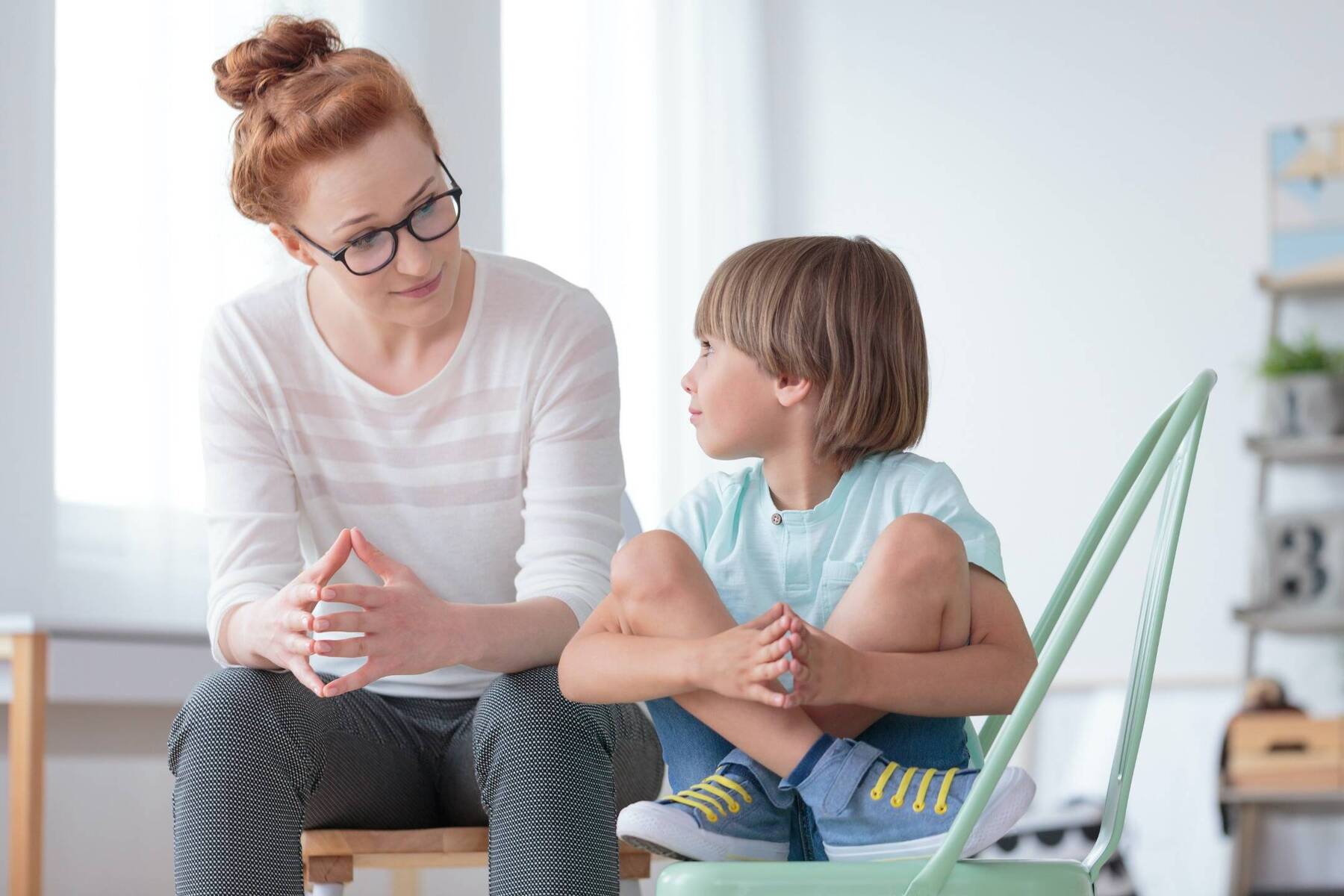
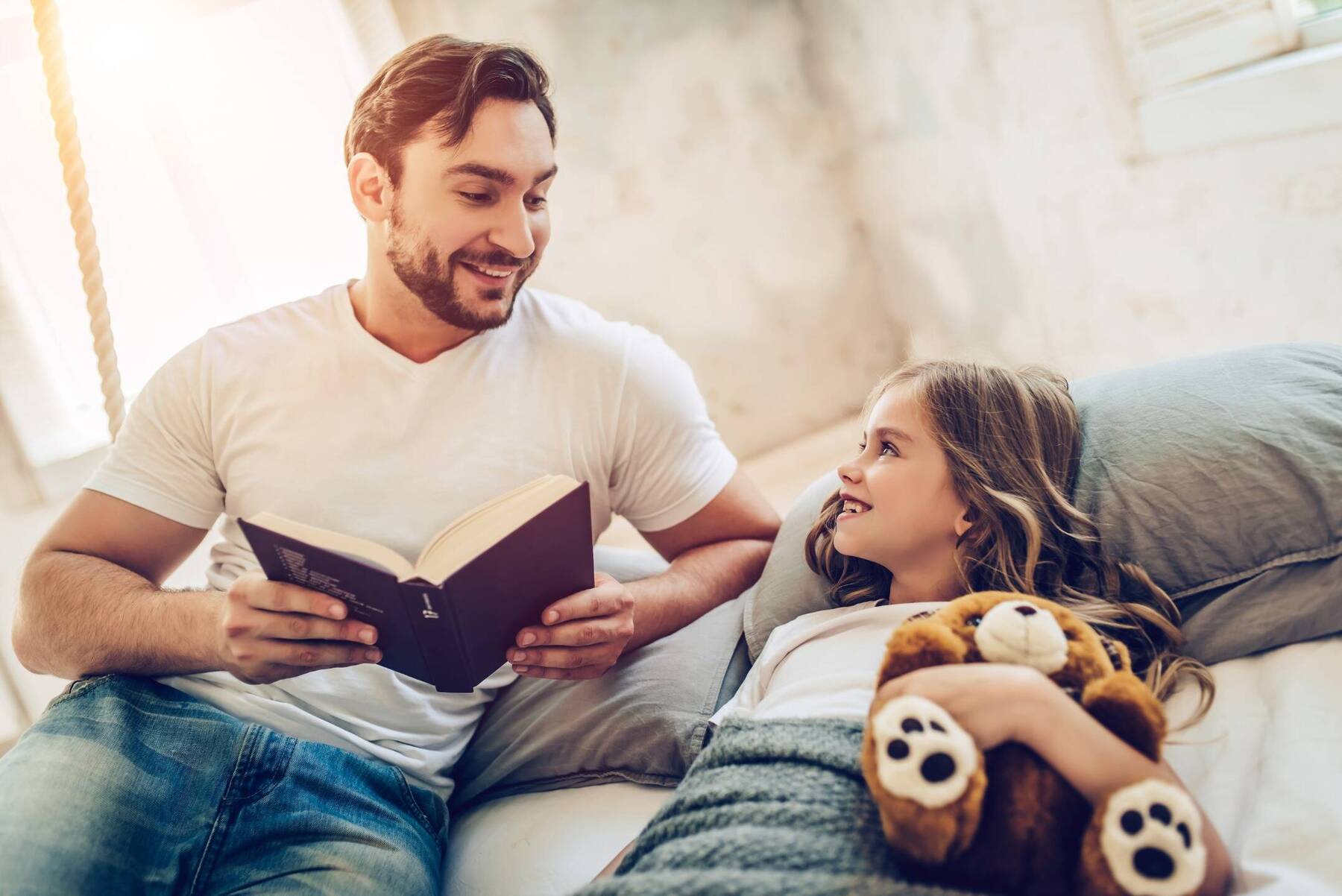
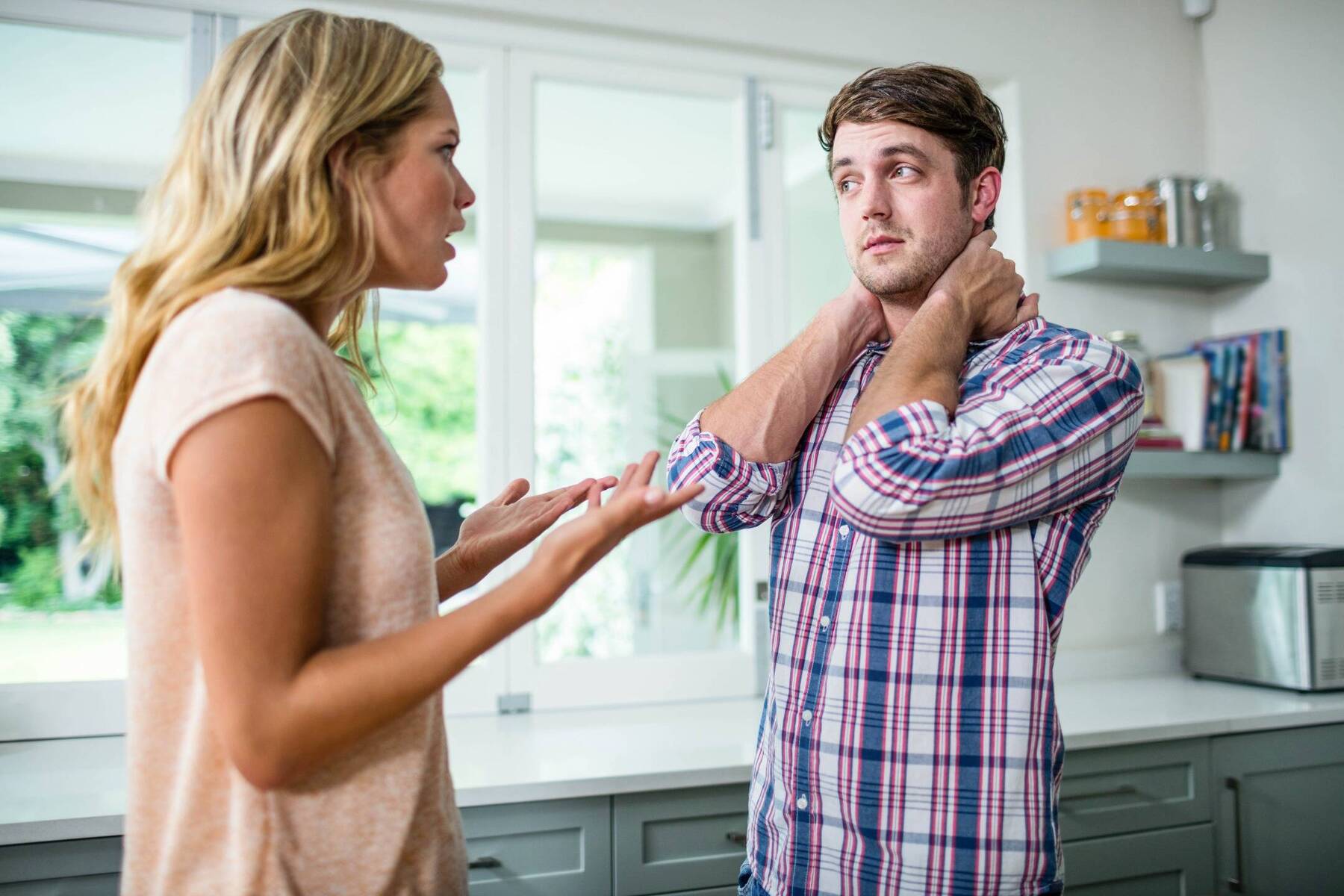
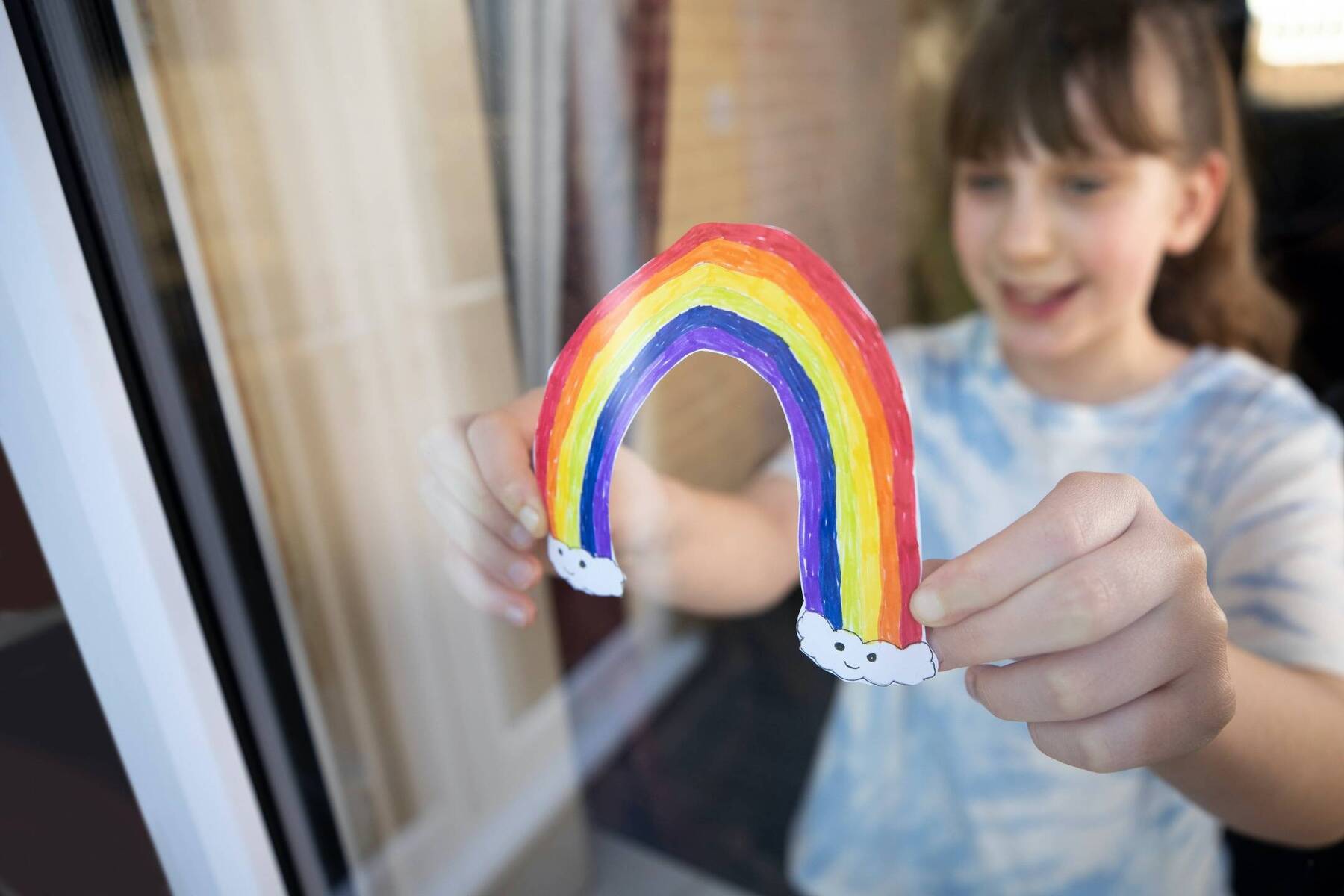
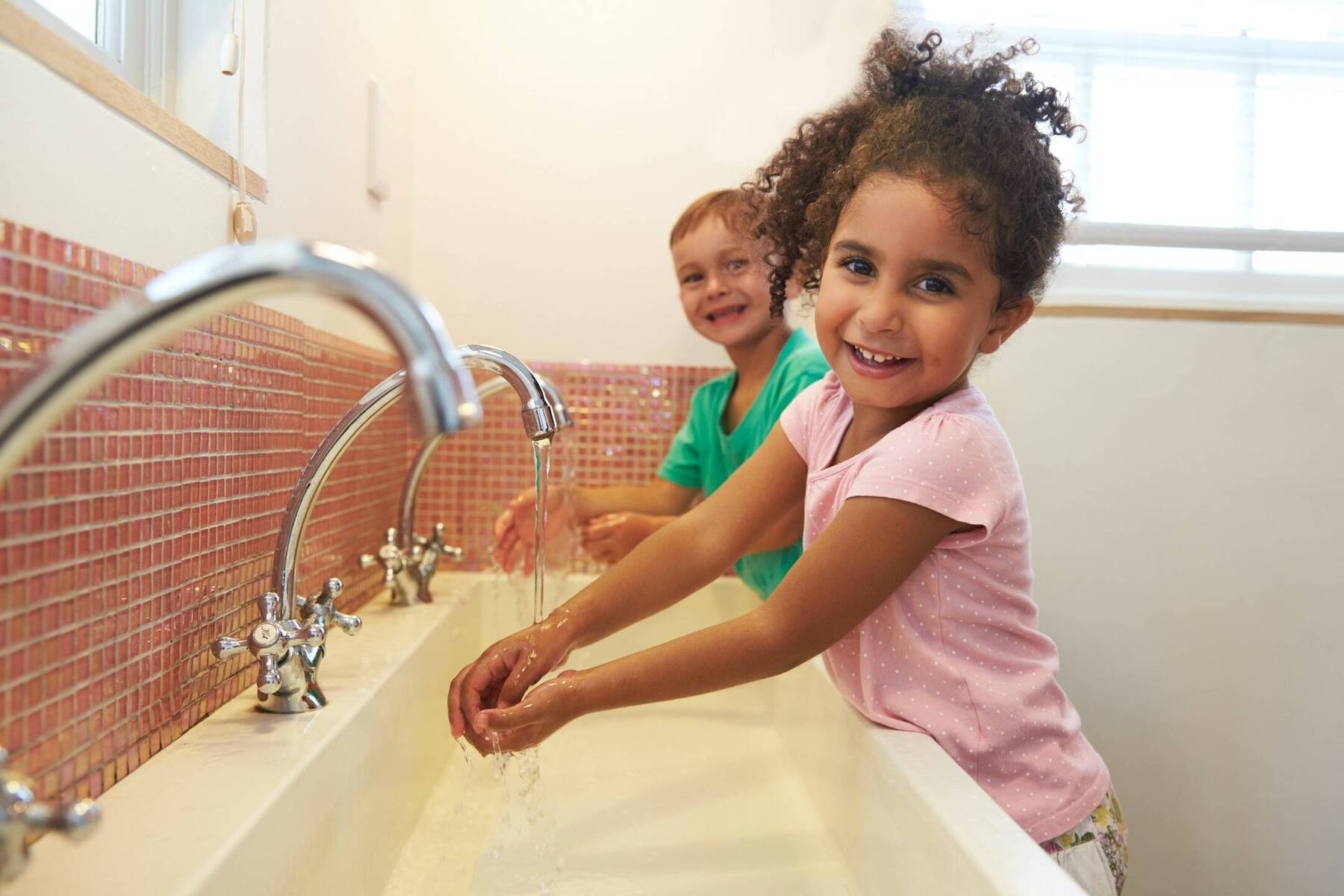
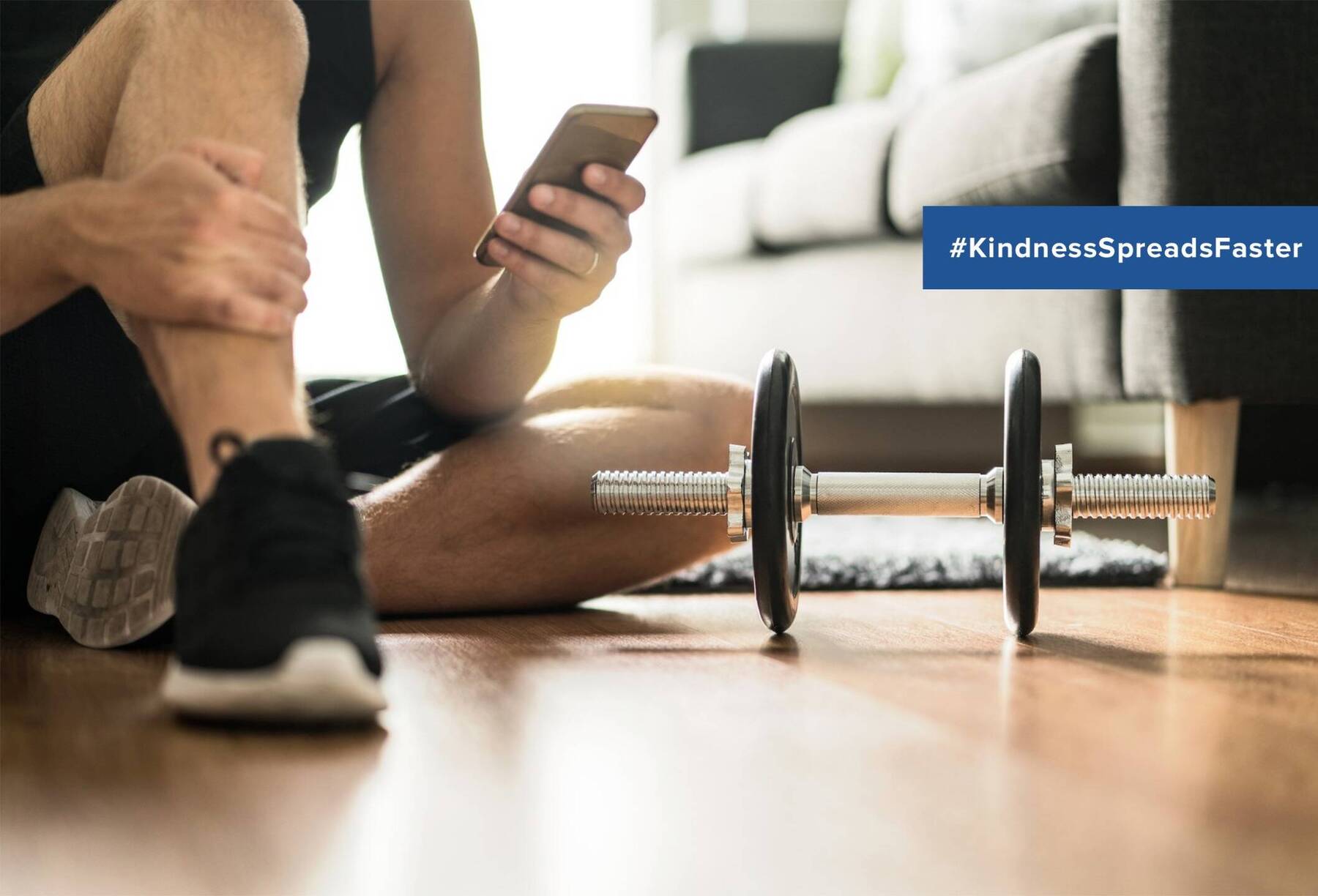
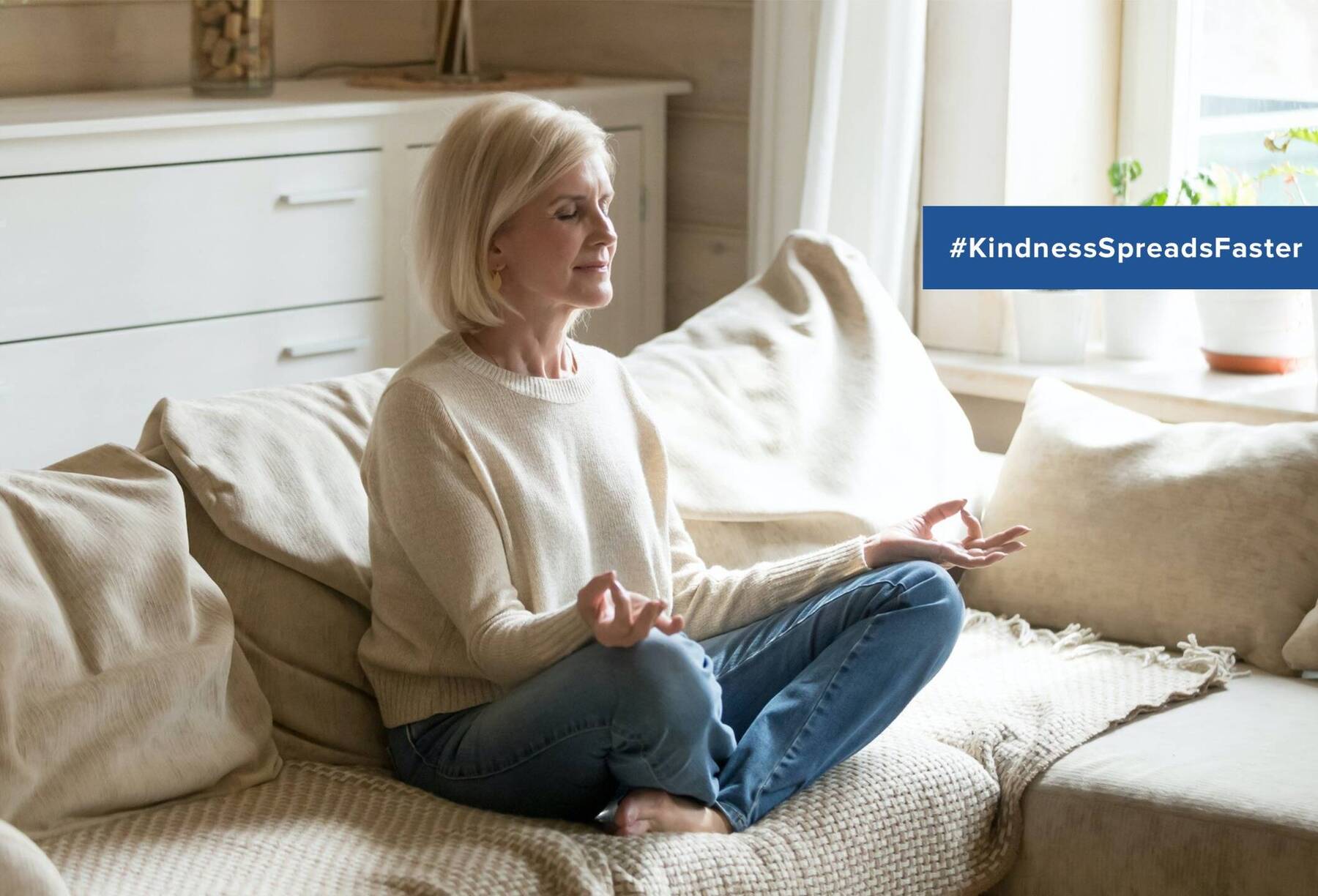


Comments